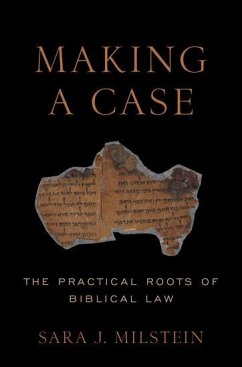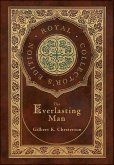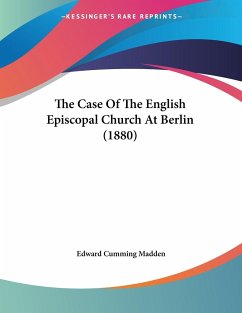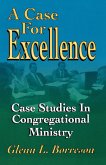Making a Case: The Practical Roots of Biblical Law challenges the long-held notion that Israelite and Judahite scribes either made use of "old" law collections or set out to produce law collections in the Near Eastern sense of the genre. Sara J. Milstein instead proposes that what we call "biblical law" is closer in form and function to another, oft-neglected Mesopotamian genre: legal-pedagogical texts. During their education, Mesopotamian scribes studied a variety of legal-oriented school texts: sample contracts, fictional cases, sequences of non-canonical law, and legal phrasebooks. When Exodus 20-23 and Deuteronomy 12-26 are viewed in the context of these legal-pedagogical texts from Mesopotamia, their practical roots in comparable (lost) legal exercises begin to emerge.
Hinweis: Dieser Artikel kann nur an eine deutsche Lieferadresse ausgeliefert werden.
Hinweis: Dieser Artikel kann nur an eine deutsche Lieferadresse ausgeliefert werden.








![Judgment of the Judicial Committee of the Privy Council in the Manitoba School Case [microform]: With Factums and Other Documents in Connection Therew Judgment of the Judicial Committee of the Privy Council in the Manitoba School Case [microform]: With Factums and Other Documents in Connection Therew](https://bilder.buecher.de/produkte/65/65510/65510043m.jpg)